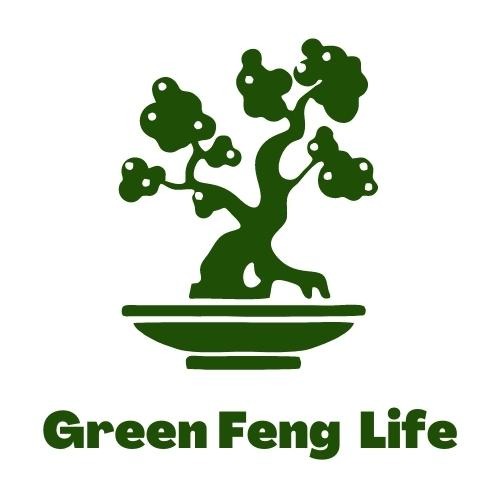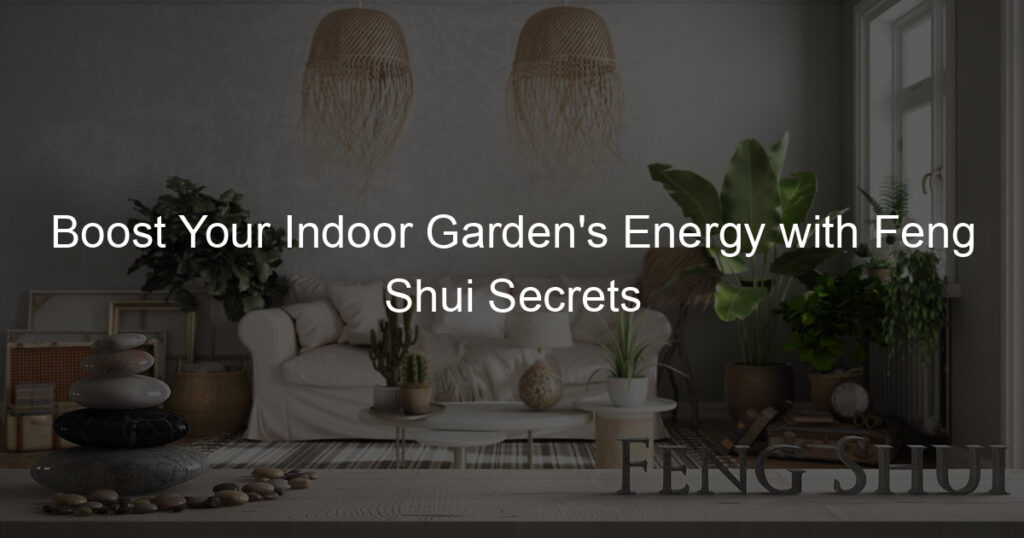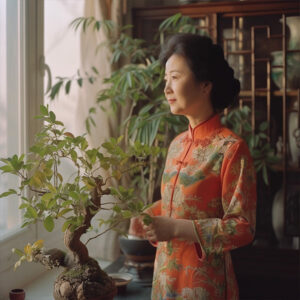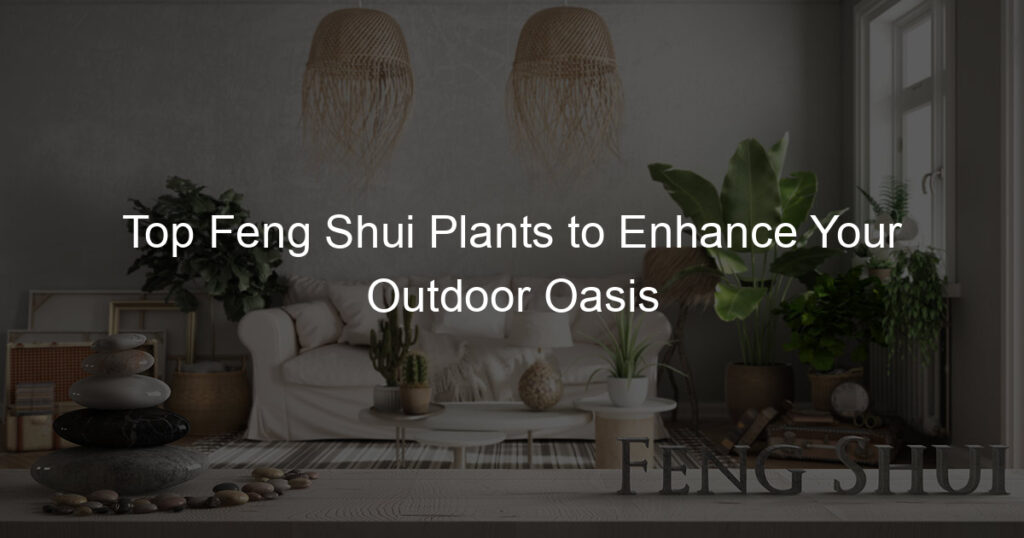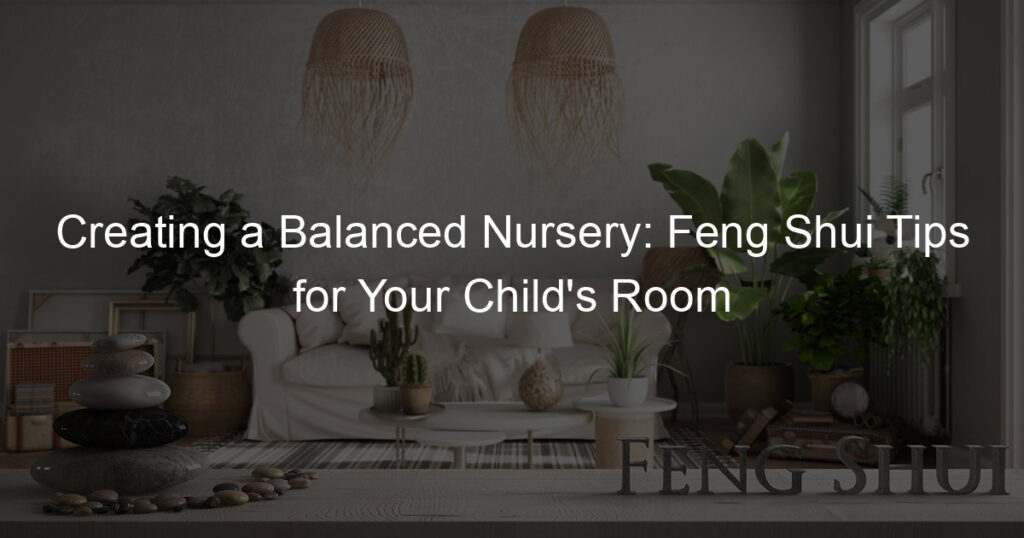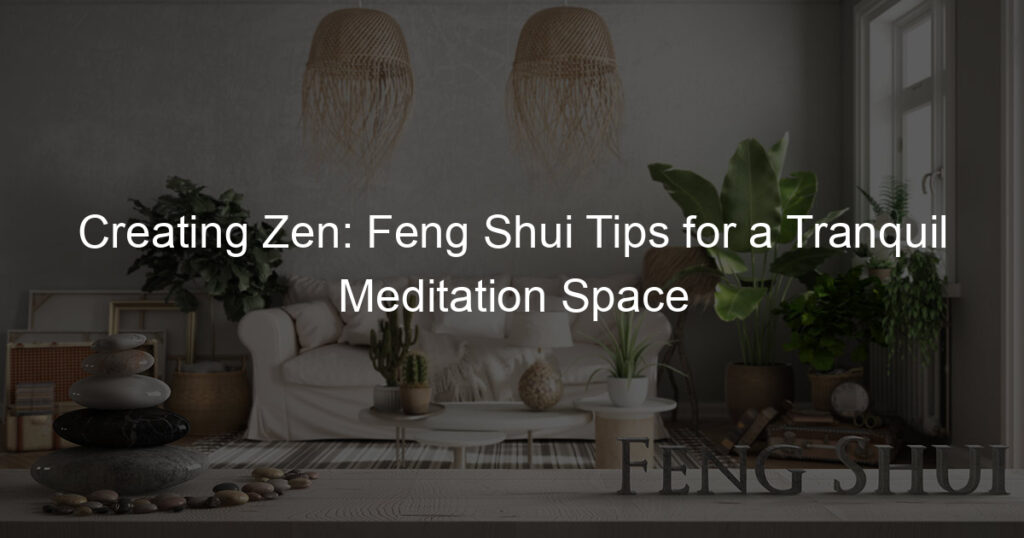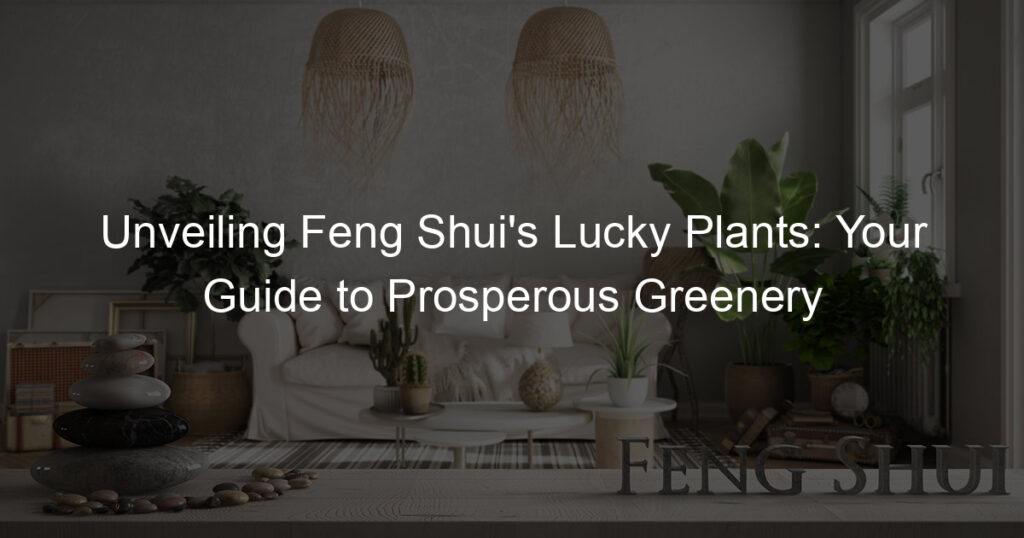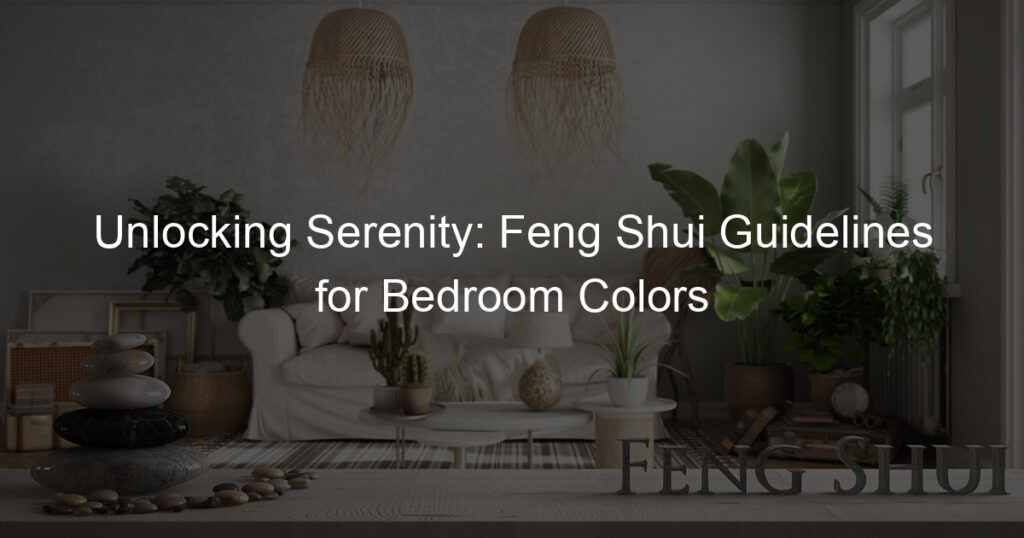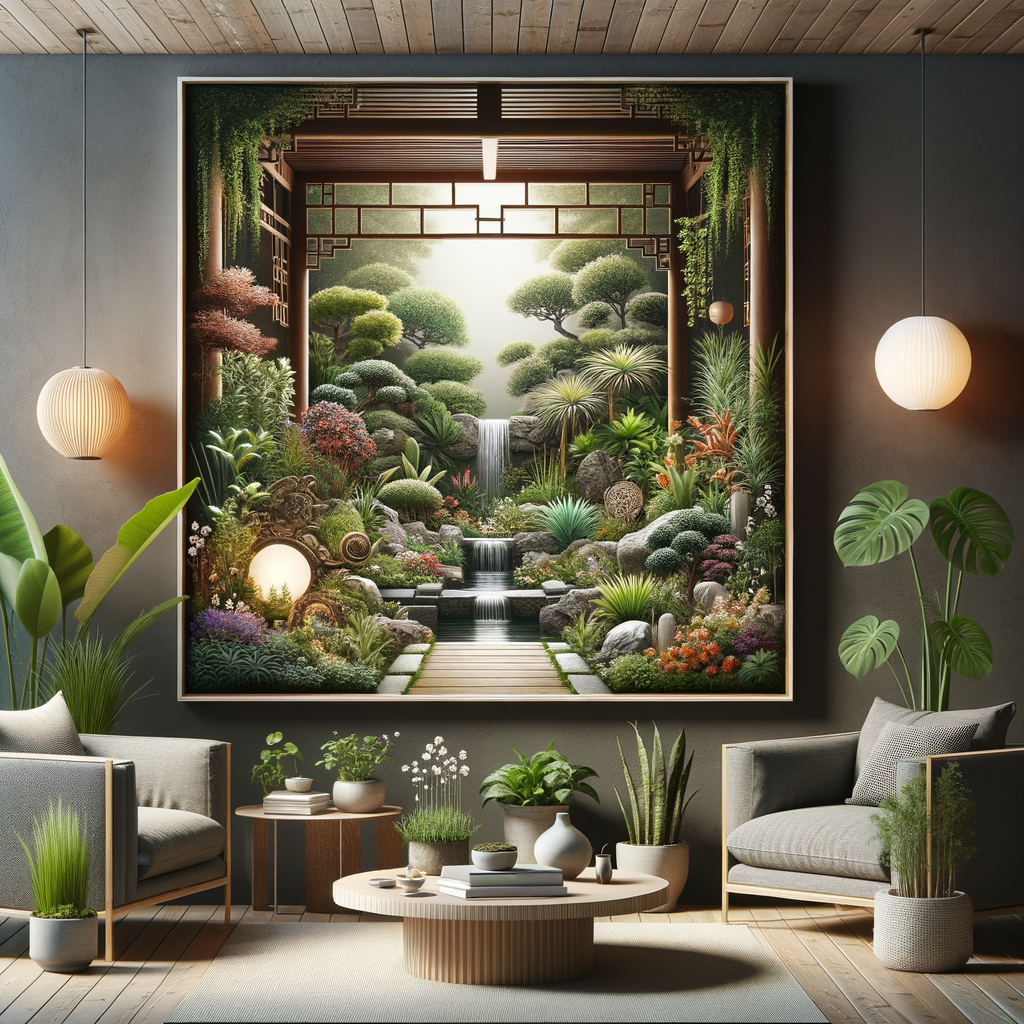
Introduction to Feng Shui for Home
Welcome to the fascinating world of Feng Shui, an ancient Chinese practice that aims to harmonize the energy, or ‘Chi’, in your living spaces. This introduction will help you understand the basics of Feng Shui and the importance of energy flow in your home.
- Understanding the Basics of Feng Shui
- Importance of Energy Flow in Home
Feng Shui, which translates to ‘Wind Water’, is a 3,000-year-old practice from China. It’s all about balancing energies in any given space to assure health and good fortune for people inhabiting it. Feng Shui is based on the Taoist vision and understanding of nature, particularly on the idea that the land is alive and filled with Chi, or energy.
There are several key elements in Feng Shui, including the principle of five elements (Wood, Fire, Earth, Metal, and Water), the Bagua (energy map), and the Yin and Yang balance. By understanding these principles, you can start to see how Feng Shui can be applied to your home.
Energy flow, or ‘Chi’, is a fundamental concept in Feng Shui. Chi should flow freely in your home. When the energy flow is blocked, it can result in negative effects on your health, relationships, and prosperity.
Imagine Chi as a river flowing through your home. If the river’s path is clear and unblocked, it can flow smoothly, bringing positive energy. But if the path is blocked with clutter or poorly arranged furniture, the energy becomes stagnant, leading to negativity.
By applying Feng Shui principles, you can enhance the Chi flow in your home, creating a harmonious environment that promotes wellbeing and happiness.
As we delve deeper into the topic, we’ll explore how to enhance energy flow with indoor garden Feng Shui, Feng Shui garden design, and key takeaways to boost your indoor garden’s energy with Feng Shui. Stay tuned!
Enhancing Energy Flow with Indoor Garden Feng Shui
When it comes to creating a harmonious indoor garden, Feng Shui plays a crucial role. This ancient Chinese art form focuses on enhancing the flow of energy, or ‘Chi’, in your living space. By applying Feng Shui techniques to your indoor garden, you can create a space that not only looks beautiful but also promotes positivity and well-being.
Feng Shui Energy Flow Techniques
There are several techniques you can use to enhance the energy flow in your indoor garden. Let’s explore three of the most effective ones:
- Technique 1: Positioning of plants
- Technique 2: Choice of plants
- Technique 3: Use of color
The position of your plants can significantly influence the energy flow in your indoor garden. According to Feng Shui, plants should be placed in areas where they can absorb the maximum amount of sunlight. This not only helps them grow but also enhances the ‘Chi’ in your space. For instance, placing a plant near a window can help attract positive energy.
The type of plants you choose for your indoor garden also plays a vital role in Feng Shui. Certain plants, like the Lucky Bamboo or the Peace Lily, are known to attract positive energy. On the other hand, plants with thorny leaves are believed to disrupt the energy flow. Therefore, choosing the right plants can significantly enhance the ‘Chi’ in your garden.
Color plays a significant role in Feng Shui. Different colors are believed to attract different types of energy. For instance, green is associated with growth and renewal, while red symbolizes luck and wealth. Therefore, incorporating different colors in your indoor garden, either through the choice of plants or decorative items, can help enhance the energy flow.
By applying these Feng Shui techniques, you can create an indoor garden that not only looks visually appealing but also promotes a positive and harmonious energy flow. Remember, the goal of Feng Shui is to create a balance between the natural elements and the energy in your space. So, experiment with different techniques and see what works best for your indoor garden.
Indoor Garden Energy Enhancement
When it comes to enhancing the energy of your indoor garden, there are three key factors to consider. These include the importance of natural light, the role of water elements, and the use of mirrors for energy amplification. Let’s delve into each of these factors in more detail.
- Importance of Natural Light
- Role of Water Elements
- Use of Mirrors for Energy Amplification
Natural light is a crucial element for any indoor garden. It not only helps plants grow but also contributes to the overall energy of the space. According to a study, natural light can increase the growth rate of plants by up to 50%. It also creates a warm and inviting atmosphere, which can improve your mood and overall well-being. Therefore, it’s essential to ensure your indoor garden gets plenty of natural light.
Water elements play a significant role in Feng Shui. They are believed to bring prosperity and good luck. In an indoor garden, water elements can be introduced in the form of a small fountain or a water feature. These elements not only enhance the aesthetic appeal of the garden but also help in maintaining the humidity levels, which is beneficial for the plants. Moreover, the sound of flowing water can have a calming effect and contribute to a peaceful ambiance.
Mirrors are a powerful tool in Feng Shui. They are used to amplify energy and reflect positive vibes. In an indoor garden, mirrors can be strategically placed to reflect natural light and make the space appear larger. They can also be used to reflect the beauty of the plants, thereby enhancing the overall energy of the garden. However, it’s important to use mirrors judiciously as excessive use can lead to energy imbalance.
In conclusion, by understanding and implementing the importance of natural light, the role of water elements, and the use of mirrors, you can significantly enhance the energy of your indoor garden. Remember, a well-balanced indoor garden not only provides a beautiful space but also contributes to your overall well-being.
Feng Shui Garden Design
Creating a garden that aligns with the principles of Feng Shui can bring a sense of harmony and balance to your indoor space. Let’s explore how to design your indoor garden for optimal energy flow.
Designing Your Indoor Garden for Optimal Energy Flow
Designing your indoor garden with Feng Shui in mind involves three key steps. Let’s delve into each of these steps.
- Step 1: Choosing the Right Location
- Step 2: Selecting Feng Shui-Friendly Plants
- Step 3: Arranging Plants for Positive Energy
The location of your indoor garden plays a crucial role in Feng Shui. The best location is one that receives plenty of natural light. It’s also important to choose a location that isn’t cluttered or filled with unnecessary items. A clean, open space allows energy to flow freely.
Not all plants are created equal when it comes to Feng Shui. Some plants are considered more auspicious or lucky than others. For instance, the Jade Plant is known for attracting wealth and prosperity, while the Peace Lily is believed to bring about peace and tranquility. Choose plants that align with the energy you want to attract.
How you arrange your plants can also affect the energy of your space. In Feng Shui, it’s recommended to group plants in odd numbers, as this is believed to promote positive energy. Try to create a balance between the different types of plants in your garden. For example, if you have a tall plant, balance it with a shorter one nearby.
By following these steps, you can create an indoor garden that not only looks beautiful but also promotes a positive and balanced energy flow. Remember, the key to successful Feng Shui is balance and harmony, so take the time to carefully consider each element of your garden design.
Examples of Feng Shui in Indoor Gardening
Let’s dive into some real-life examples of how Feng Shui can transform indoor spaces. These case studies will illustrate how Feng Shui principles can be applied to indoor gardening to enhance energy flow and create harmonious living environments.
-
Case Study 1: Transforming a Living Room with Feng Shui
Our first case study involves a typical living room that was transformed using Feng Shui principles. The homeowner wanted to create a peaceful and relaxing space for family gatherings and relaxation.
The first step was to choose the right location for the indoor garden. The southeast corner of the living room was selected, as this area is associated with wealth and abundance in Feng Shui. Next, Feng Shui-friendly plants like the lucky bamboo and peace lily were selected for their ability to purify the air and attract positive energy.
The arrangement of the plants also followed Feng Shui principles. The taller plants were placed in the back, and the shorter ones in the front, creating a sense of balance and harmony. The result was a living room that not only looked beautiful but also had a noticeable increase in positive energy.
-
Case Study 2: Boosting Energy in a Home Office with Feng Shui
The second case study involves a home office that needed an energy boost. The homeowner, a freelance writer, was struggling with productivity and wanted to create a workspace that would inspire creativity and focus.
The office was located in the north area of the home, which is associated with career and life path in Feng Shui. The indoor garden was placed in this area, and plants like the snake plant and the ZZ plant, known for their ability to improve focus and productivity, were chosen.
The arrangement of the plants followed the Bagua, or Feng Shui energy map, with the taller plants in the back and the shorter ones in the front. The result was a home office that not only looked inviting but also helped the homeowner increase productivity and creativity.
These case studies show that with some thoughtful planning and understanding of Feng Shui principles, you can transform any indoor space into a sanctuary of positive energy.
Key Takeaways: Boost Your Indoor Garden’s Energy with Feng Shui
As we wrap up our discussion on Feng Shui and indoor gardening, let’s recap the main points we’ve covered. These key takeaways will help you understand how to use Feng Shui to boost the energy of your indoor garden and improve your overall well-being.
- Takeaway 1: Feng Shui is a powerful tool for enhancing home energy
- Takeaway 2: Strategic garden design can boost energy flow
- Takeaway 3: Indoor gardening with Feng Shui can improve overall well-being
Feng Shui, an ancient Chinese practice, is all about balancing energies in any given space. It’s a powerful tool you can use to enhance the energy in your home. By applying Feng Shui principles to your indoor garden, you can create a more harmonious environment. This not only benefits the plants but also the people living in the home.
Strategic garden design is key to boosting energy flow. The placement of your plants, the choice of plant species, and even the color of your pots can influence the energy of your indoor garden. For instance, placing plants in the east sector of your home can promote health and family harmony according to Feng Shui principles.
Indoor gardening isn’t just a hobby; it’s a way to improve your overall well-being. When you combine this with Feng Shui, the benefits are even greater. The act of caring for plants can be therapeutic, and the positive energy flow created by a well-designed garden can promote relaxation and reduce stress.
In conclusion, Feng Shui and indoor gardening go hand in hand. By understanding and applying the principles of Feng Shui to your indoor garden, you can create a space that not only looks beautiful but also promotes positive energy and well-being.
